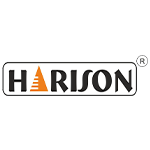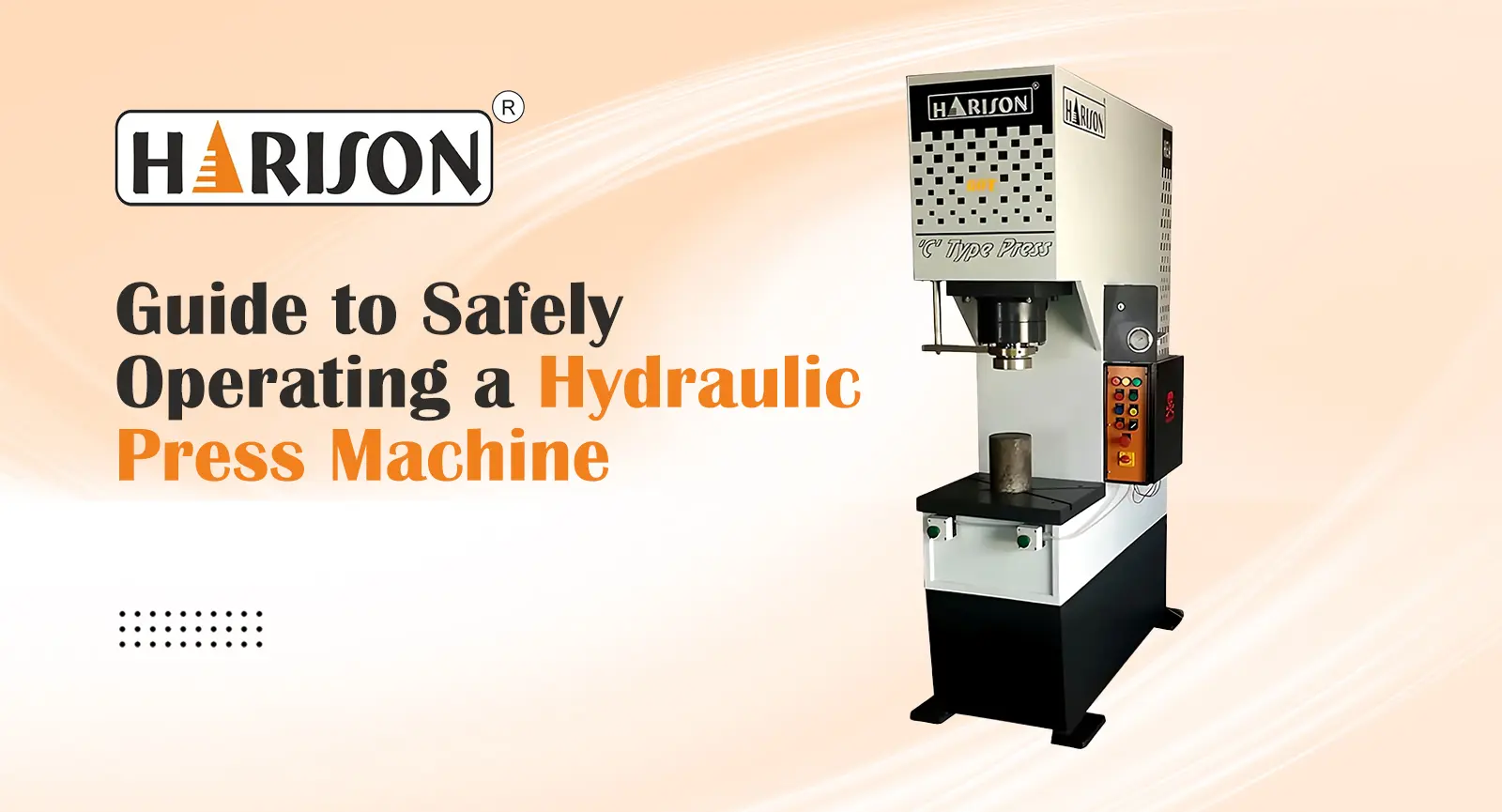Guide to Safely Operating a Hydraulic Press Machine
Hydraulic press machines are essential components of every industrial machine shop, serving a wide range of specialized and general purposes. However, they represent a significant danger of harm to operators. How can you ensure that you are as safe as possible near this heavy equipment?
As an owner or operator, you should already force employees to follow basic procedures and use safety equipment. However, machines are not necessarily safe on their own. Mechanical faults and human mistake are also possible. Your machine shop cannot function well until safety precautions are in place. Our hydraulic press safety advice can help you and your staff stay safe.
Most Common Hydraulic Press Machine Workplace Accidents
Hydraulic presses are tools, not toys. And, like any tool, if used incorrectly, they can cause accidents – even if you believe you’re being careful. Because of the nature of the hydraulic press and its duties, hand and finger injuries are the most common at work. Pinching and crushing events are widespread.
When using a press, personnel must position and relocate metal beneath the ram or near the bending point, exposing them to a high-risk scenario. Approximately 49% of power press injuries need amputation.
Press machines have a high risk of failure if they are not properly maintained or operated, or if a preparation step is neglected. With a hefty ram under high pressure and no failsafe, the possibility of trapping a body part in the press is greater than you may think.
So, what are the potential risks of a hydraulic press machine?
Catastrophic failures can provide unanticipated risks, such as:
- Pressure failure can cause the ram to drop and smash whatever is underneath it at the moment.
- Cracked or loose connectors can explode and cause hoses to separate.
- Metal may fracture under pressure, resulting in jagged fragments.
- Workers in hazardous settings may get lacerations and puncture wounds from sharp metal, pressured hydraulic fluid, and other projectiles.
The Best Hydraulic Press Precaution & Safety Tips!
As a business owner or machinist, you are concerned about the safety of your hydraulic press operators. To reduce occupational risks for workers, you must follow our hydraulic press safety regulations and comply with:
Maintenance: Preventative maintenance is one of the most effective strategies to avert probable failure and damage. Hydraulic press machines are constantly subjected to extreme pressure, heat, and wear. Parts and fluids need to be cleaned and replaced on a regular basis since they wear out and are used extensively.
Inspection: Inspect your machines thoroughly on a regular basis. You should inspect any hoses and seals for damage, fittings for cracks and tight fit, fluids for debris or deterioration, and the overall body of the machine for cracks. Pay special attention to any extreme vibrations or weird noises while the equipment is working, since they may signal a need for immediate repair.
Cleanliness: Keeping your hydraulics well-lubricated and the surrounding area clean is critical not just for the machine’s proper operation, but also for the safety of people who use it. Lubrication is required for a clean stroke, less friction, and a pleasant user experience. Clutter, grime, and slick oil may all create hazardous conditions. Make sure there is no risk of sliding or catching clothes on waste objects.
What Safety Devices Must Be Used When Operating a Hydraulic Press?
One of the most effective methods to keep your employees safe is to require the usage of safety equipment when running a hydraulic press machine.
Personal Protective Equipment
To avoid avoidable hydraulic press injuries, all operators must wear personal protective equipment (PPE). Items include:
- Protect yourself from flying debris by using safety glasses or face masks.
- Ear muffs that fulfill noise exposure standards set by regulatory agencies.
- Close-fitting garments, strong aprons, or vests can help limit the likelihood of the machine seizing clothing.
- Protective footwear with added safety elements including steel toe inserts and tall uppers.
- Gloves and arm covers.
- Protective headgear.
Final Words
Because hydraulic press machines contain heavyweight, high-pressure, and hazardous moving parts, hydraulic press safety regulations are critical. With regular practices and failsafe mechanisms in place, your machinists can work efficiently while remaining certain that they are utilizing a safe device.

Hari Engineering Works
Hari Engineering Works is a trusted manufacturer and exporter of hydraulic press machines based in Rajkot, Gujarat, India. We offer a diverse range of high-quality and cost-effective products to clients worldwide.

